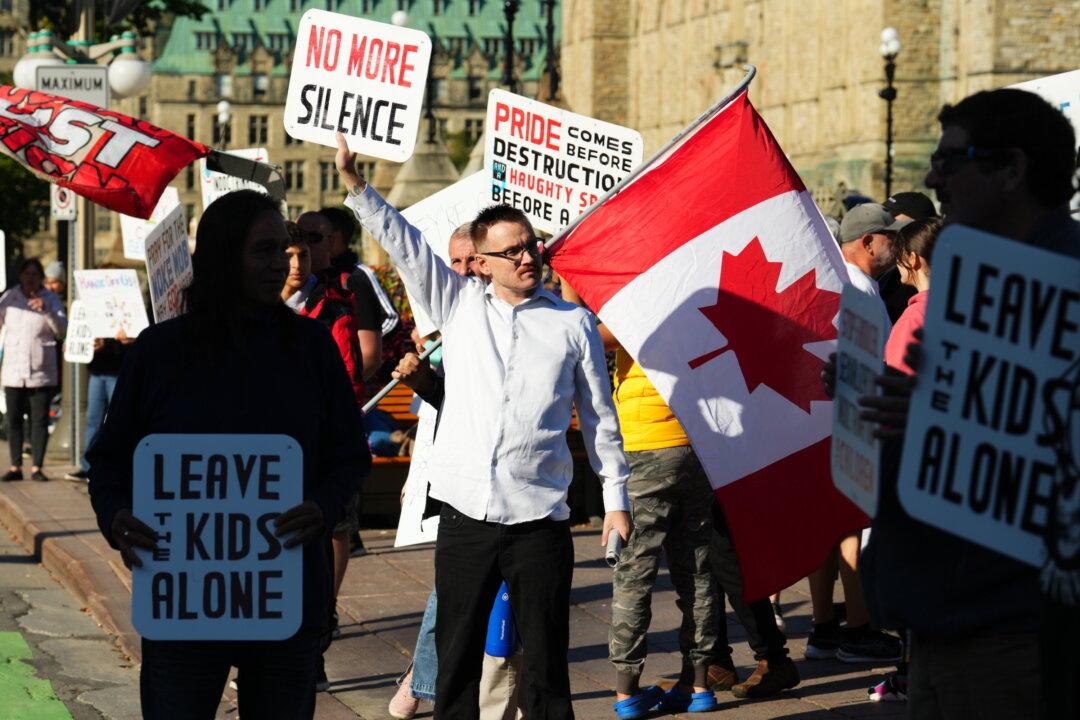Defence Minster Bill Blair says Canada is open to sending Canadian troops on a non-combat mission to train Ukrainian troops within Ukraine amid Russian warnings of “tragic” consequences for any nation providing direct troop support to its adversary.
The move would only occur away from the war’s front lines and in a clearly defined non-combat role, Mr. Blair said in an interview with the Toronto Star on Feb. 29.





